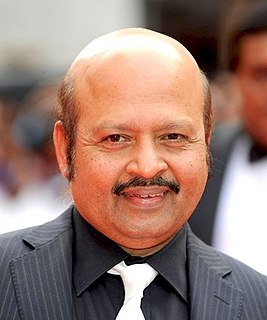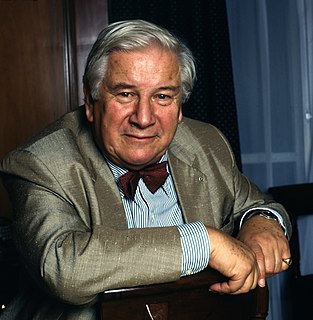A Quote by Charles Kuralt
I could tell you which writer's rhythms I am imitating. It's not exactly plagiarism, it's falling in love with good language and trying to imitate it.
Related Quotes
Here's what I mean by the miracle of language. When you're falling into a good book, exactly as you might fall into a dream, a little conduit opens, a passageway between a reader's heart and a writer's, a connection that transcends the barriers of continents and generations and even death ... And here's the magic. You're different. You can never go back to being exactly the same person you were before you disappeared into that book.
Schools teach you to imitate. If you don't imitate what the teacher wants you get a bad grade. Here, in college, it was more sophisticated, of course; you were supposed to imitate the teacher in such a way as to convince the teacher you were not imitating, but taking the essence of the instruction and going ahead with it on your own. That got you A's. Originality on the other hand could get you anything -- from A to F. The whole grading system cautioned against it.
I could sum it up in one thing: A guy has to be what he is. He's got to coach and have a philosophy based on his own personality. You see too many coaches trying to imitate other coaches, trying to be someone else. It's all right to emulate the qualities of good coaches but I don't think you should imitate. You've got to be yourself.
I am human. I am messy. I'm not trying to be an example. I am not trying to be perfect. I am not trying to say I have all the answers. I am not trying to say I'm right. I am just trying - trying to support what I believe in, trying to do some good in this world, trying to make some noise with my writing while also being myself.
I watched the gorilla's eyes again, wise and knowing eyes, and wondered about this business of trying to teach apes language. Our language. Why? There are many members of our own species who live in and with the forest and know it and understand it. We don't listen to them. What is there to suggest we would listen to anything an ape could tell us? Or that it would be able to tell us of its life in a language that hasn't been born of that life? I thought, maybe it is not that they have yet to gain a language, it is that we have lost one.

































